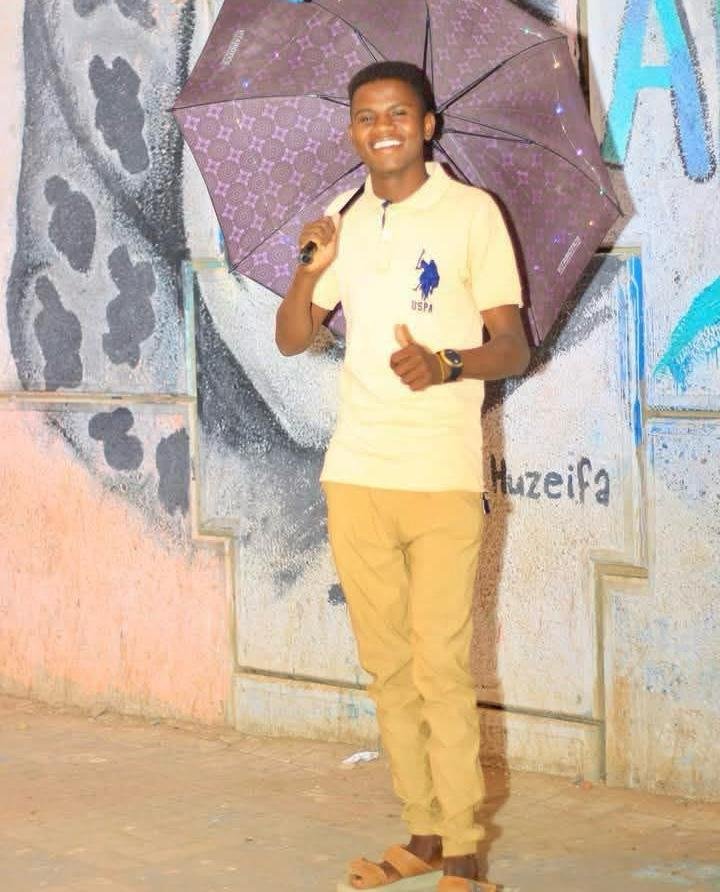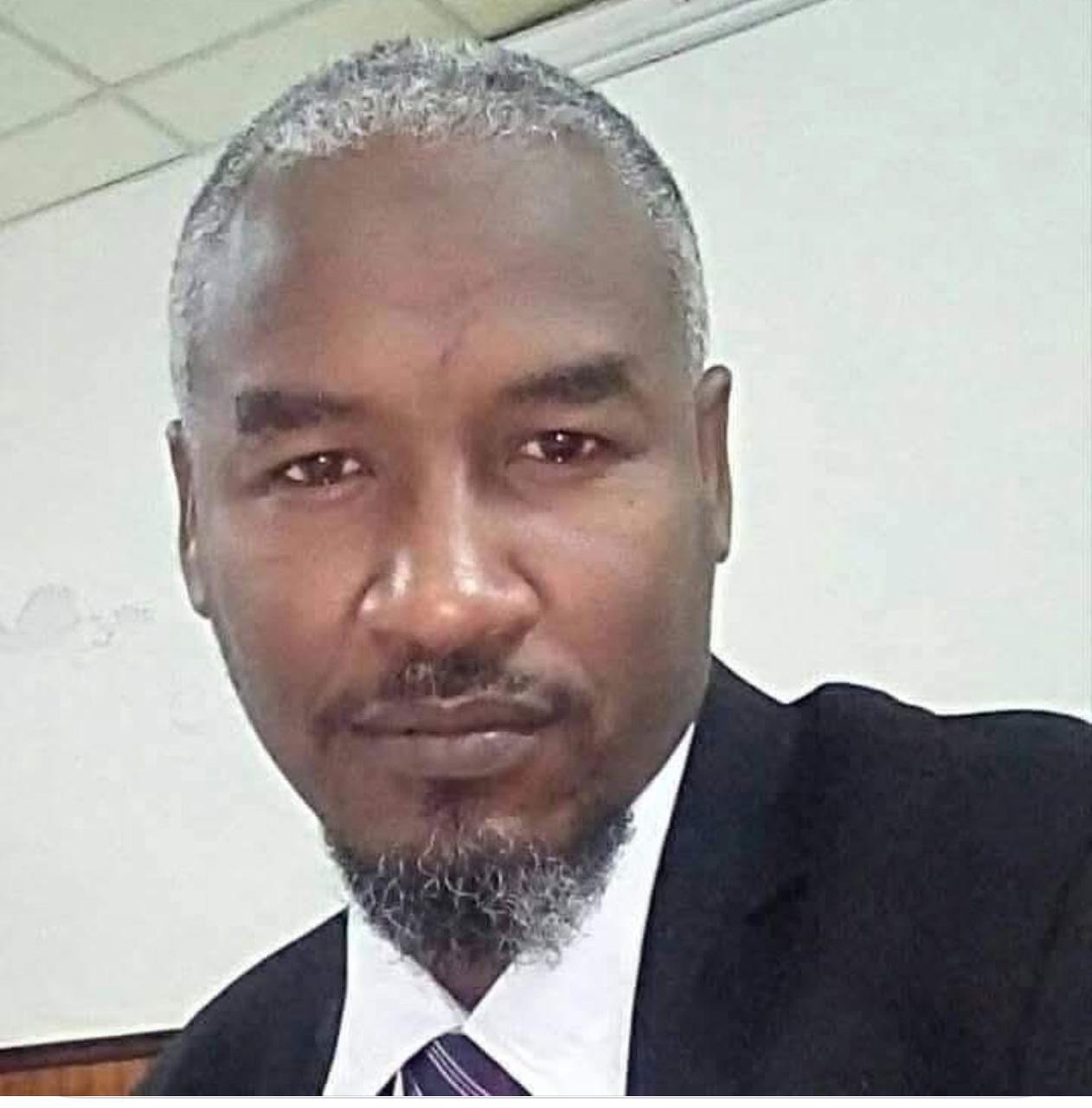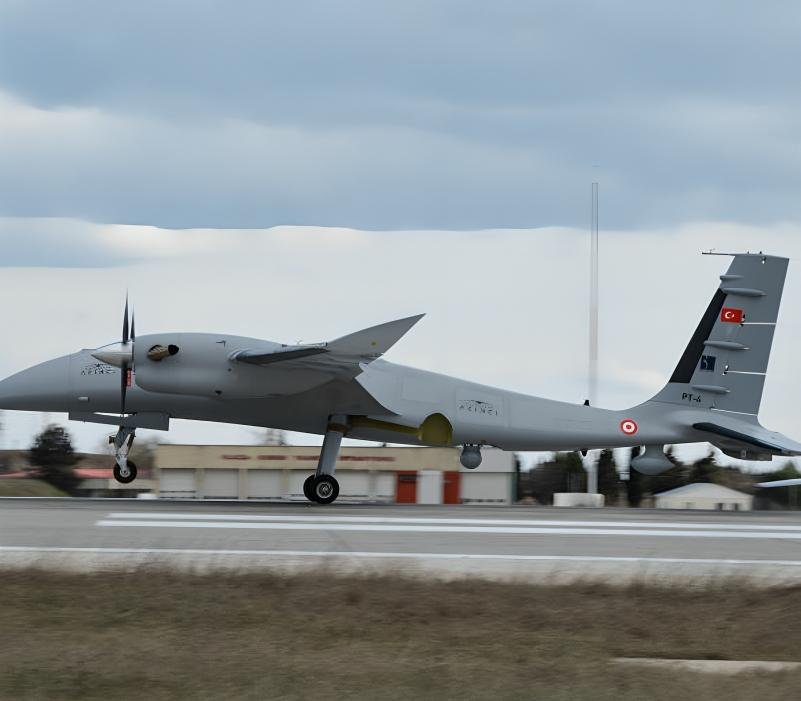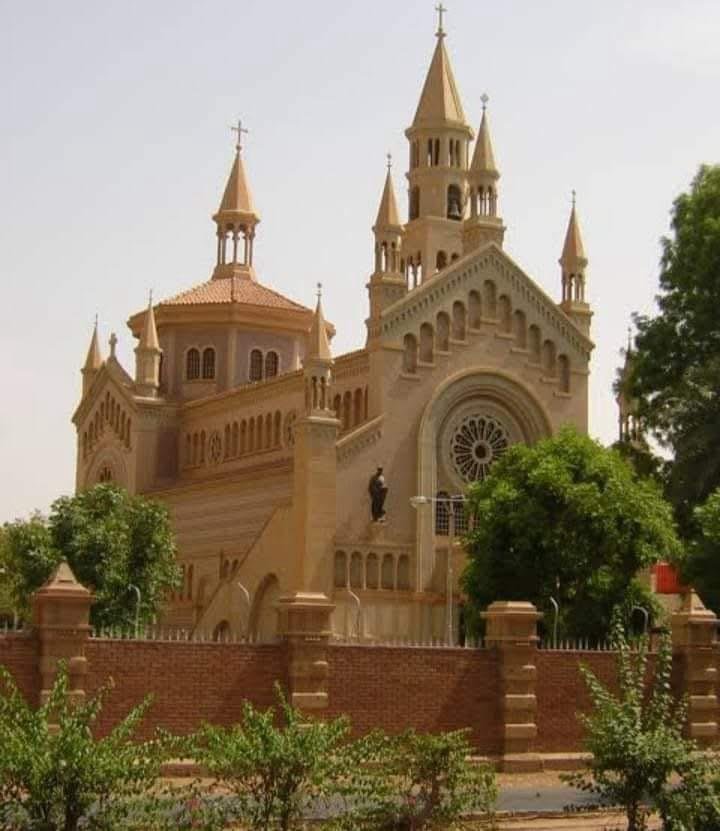SPT Report
Sudan has witnessed horrific human rights violations committed by both sides of the conflict the Sudanese Armed Forces (SAF) and the Rapid Support Forces (RSF) in the context of a bloody war where civilians have borne the brunt of the devastation, resulting in significant loss of life and property. Numerous reports have addressed these violations, but most if not all have focused on the crimes committed by the RSF, which are indeed serious and deserving of documentation and condemnation. However, this one-sided focus has led to the neglect of the grave crimes and violations committed by the Sudanese Army and its allied militias, granting them a form of implicit immunity and emboldening them to continue committing atrocities without fear of accountability.
This oversight reached its peak in the massacres and violations suffered by the residents of Kanabi in Al Jazirah State, where the army and its allies employed excessive violence, including killings, arson, and forced displacement. The disregard for the army’s crimes has fostered a sense of impunity among its ranks and the allied Islamic and tribal militias, leading to an escalation of violence against civilians, an increase in arbitrary arrests in both official prisons and secret detention centers resembling “ghost houses,” and the spread of killings, looting, and organized theft as part of a systematic campaign of intimidation that continues to this day.
In this report, we shed light on these overlooked crimes and seek to expose the abuses and violations committed by the Sudanese Army and its allied militias, aiming to document the truth and highlight the suffering of victims whose voices have been silenced amid biased narratives. We will also review the violations in the capital, Khartoum, across its three cities (Khartoum, Bahri, and Omdurman), as well as in Wad Madani, the capital of Al Jazirah State.
Secret Detention Centers
According to testimonies from residents of Omdurman, including three former detainees, numerous secret detention centers exist in the capital, Khartoum, all located in Omdurman. These centers are housed in apartments within buildings, standalone homes abandoned by their owners after the war, as well as in some hospitals, schools, and closed kindergartens. The number of these detention centers is so high that it is difficult to count them, and they are spread across an area extending from Karari, through the Thawrat neighborhoods, to the city of Al-Nil.
These detention centers are managed by various entities. Some are under the supervision of the official security apparatus, others are controlled by the Islamic organization (Islamists), while some fall under the authority of what is known as the Special Operations Forces a mixed group of official personnel and militia members, all affiliated with the Islamic organization. There are also detention centers specifically run by the “Al-Baraa bin Malik Brigade” militia, most of which are concentrated in the city of Al-Nil.
All these detention centers are designated for civilians. Those accused of working with or collaborating with the Rapid Support Forces (RSF) are either executed immediately or sent to special military intelligence facilities.
Inside these secret detention centers, all forms of physical and psychological torture are employed, amid an almost total lack of food and medical care.
One detainee, who was released after being held for five weeks in a detention center in the Karari area, stated that his connection with an army officer helped secure his release. He recounted his experience, saying:
“The torture in this detention center took every form imaginable. I was arrested based on a tip-off after I opposed the war, and I spent five weeks there, witnessing things beyond belief. There were about 35 of us crammed into a small room, with no food or water. We were given only one loaf of bread and a cup of water each day. In the evenings, they would take us out for torture sessions, and when we were returned, our numbers would have decreased. Some detainees died under torture, while others were executed by gunfire, often those of Darfuri origin they were killed immediately.”
We have confirmed the killing of detainee Salim Al-Sadiq and his brother Majid Al-Sadiq for no reason other than their family’s Darfuri Arab background.

Jebel Sirkab Detention Center
Jebel Sirkab Detention Center is located within the military base north of Omdurman, beyond the Wadi Sayidna Air Base, which belongs to the army. The facility is run by military intelligence in collaboration with the security apparatus.
The detention center is vast, comprising five sections four designated for civilian detainees, while the fifth is reserved for members of the Rapid Support Forces (RSF) or those accused of collaborating with them. According to a reliable military source, this section may now be empty, as daily executions are carried out there, sometimes reaching up to 50 executions per day.
This testimony aligns with a written statement by Rehab Mubarak, a member of the executive office of “Emergency Lawyers” and the Sudanese Network for Human Rights. Citing former detainees’ accounts, Rehab stated:
“Every day, an average of 7 to 8 bodies are buried. The lowest recorded number of deaths in a single day was 4, while the highest reached 30 bodies buried in one day.”
Survivors’ testimonies confirm that more than 1,500 people have been killed inside the detention center due to torture, lack of medical care, and starvation, with many of the buried bodies reported to be in a state of decomposition.
Al-Burj Detention Center
The detention center is located within the “Al-Abraj” (Towers) complex in Omdurman, specifically at the intersection of Al-Wadi Street and Al-Abraj Street, also known as “Al-Abraj Stop.” It is notorious as one of the most brutal detention centers, run by members of the security apparatus, the Al-Baraa bin Malik Brigade, and the Special Operations Forces.
The facility consists of several apartments in the northern tower of the complex. One apartment is designated for interrogations and investigations, while another in the same building is used for torture.
A source who lived near the detention center and had ties to one of the security personnel working there told us that extrajudicial executions were carried out inside. The source added that they frequently saw a “Box” pickup truck arriving just before sunset and leaving after dark, always covered. “I later learned that it was carrying bodies,” the source said.
When contacted for comment on these detention centers, the official spokesperson for the army refused to respond and immediately hung up upon hearing the question.
Al-Jazira State: Wad Madani Prison
Wad Madani Central Prison, which was originally designated for criminal convicts before the war, has become the main detention center in the region. It is overseen by the “Joint Security Cell”, a hybrid force composed of the army, police, and tribal militias, reporting directly to General Abdel Fattah al-Burhan.
Yasser Abdel Rasoul, a militia leader holding the rank of Major in the Justice and Equality Movement (JEM), is the direct supervisor of the prison, overseeing interrogations and torture inside the facility.
The prison is divided into two sections, northern and southern. According to a recent count conducted two weeks ago, the facility holds approximately 1,800 detainees, with 912 in the northern section and 884 in the southern section, including 170 women and five children.
In addition to the main prison, another detention center has been established inside Aloob Psychiatric Hospital, which has been repurposed as a detention facility. Other secret detention sites are also scattered throughout various neighborhoods in the city.
The prison has seen a sharp rise in mortality rates, primarily due to torture, malnutrition, and disease outbreaks.
All detainees have been imprisoned on trumped-up charges, the most common being collaboration with the Rapid Support Forces (RSF). The vast majority of detainees belong to Arab communities from Darfur, where arrests are carried out based on ethnic identity.
Among the detainees are 18 medical professionals, including Dr. Adam Mohammed Ibrahim:

Dr. Adam is a consultant surgeon at the city’s main hospital. Dr. Ibrahim is widely respected among Wad Madani residents for his decision to remain during the war to treat civilians. Nevertheless, he was arrested solely because of his ethnic background.
300 Deaths in Two Weeks
The central committee of the Kanabi Conference has revealed the dire conditions in the army detention centers in Madani city. In a statement issued on March 15, it stated that even the most basic necessities for survival are completely absent in the prison: “There is no access to clean drinking water, nor sufficient food, in addition to a cholera outbreak that has resulted in the deaths of more than 300 detainees over the past two weeks, not to mention the exposure of prisoners to the most heinous forms of torture and degrading treatment, with their families being denied visitation rights.”
It also noted the ongoing systematic targeting by the Sudan Shield Forces, the Popular Resistance, and security agencies, as well as the arrest of innocent citizens with no connection to any military activity, “merely because of their skin color, ethnicity, or geographical origin, with most of them being from Darfur and the Nuba Mountains.”




